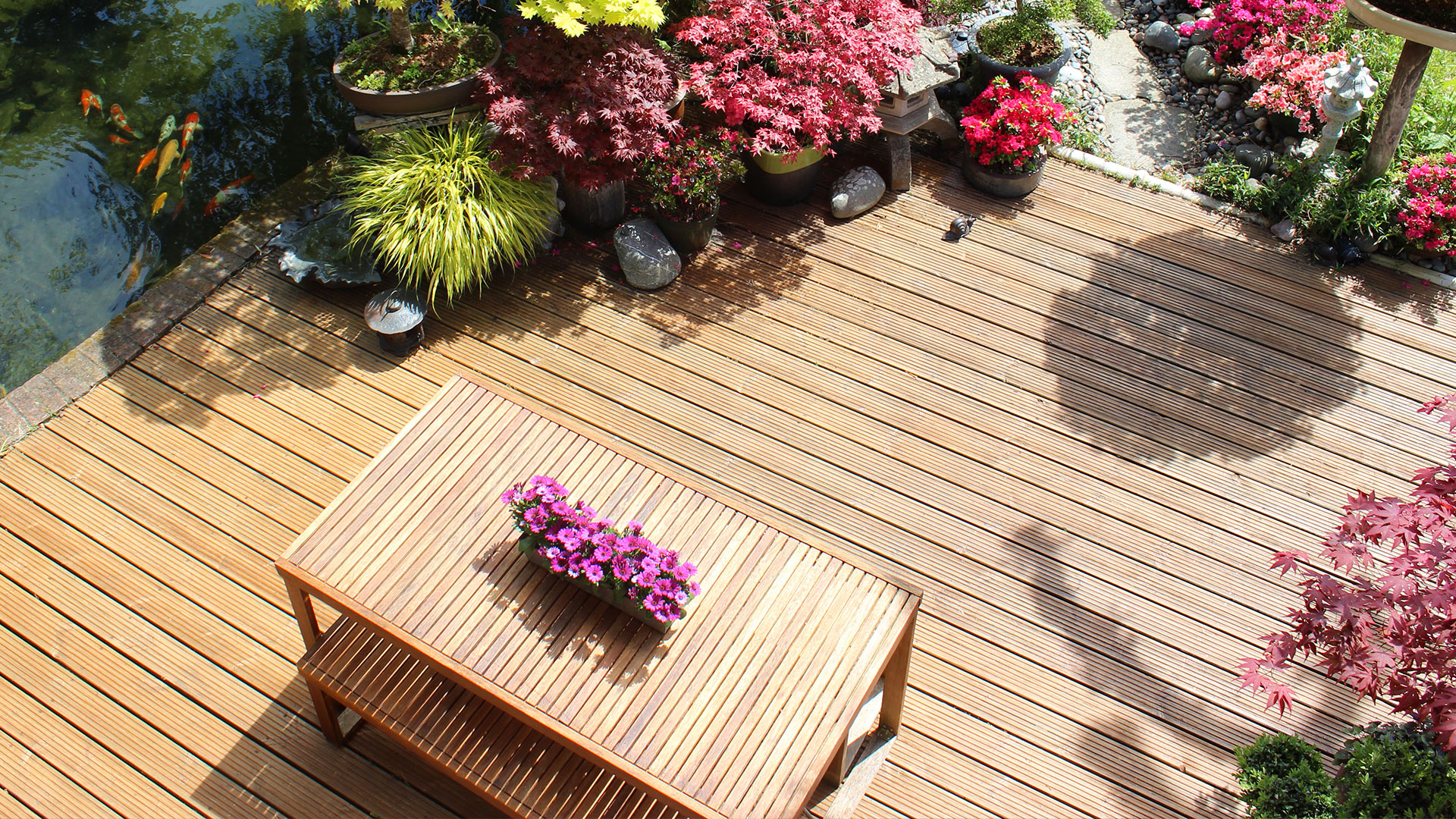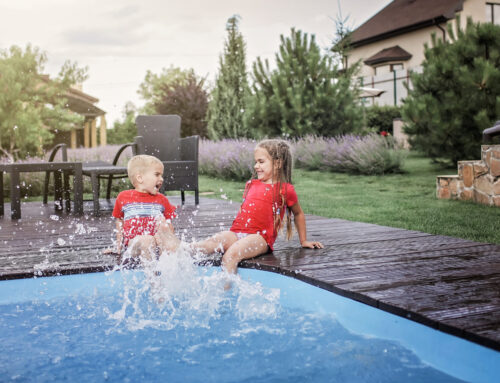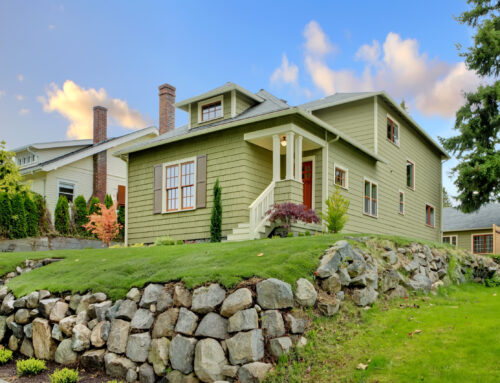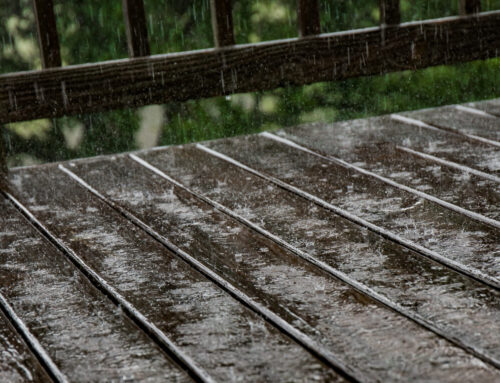The Best Time to Waterproof Your Deck
Have you thought of waterproofing your deck at home? Did you just install a new deck in your residence or building? Have you noticed that your deck is beginning to show some signs of possible wear and tear?
Why Waterproofing Decks Is Important
Deck waterproofing is not only for compliance. In fact, it is important to know that leaving the deck unprotected from the elements can wreak havoc on your property.
Considering the ability of your deck to withstand the rain, sunshine, and wind is needed to avoid a variety of issues, such as slip and trip hazards, structural damage, and undesirable aesthetic.
Factors to Consider when Deciding when to Waterproof Your Deck
Age of the deck
- It is good to note that when your deck is new, applying a sealant will not absorb it until the wood has dried out completely. Perhaps you can wait for a few months to a year to allow the fibers of the wood to open up. Older decks should be subject to resealing after 12-18 months thereafter.
The season
- A lot of sealants work best in particular temperature ranges. Typically, it needs 2-4 days without rain with temperatures lower than 85 degrees Fahrenheit to absorb the sealant completely. Good thing for those in California because it is present most of the year.
The weather
- Before you begin to apply deck waterproofing, you must first consider at least 5-6 days of clear weather. This will give you 2-3 days to allow the deck to dry out in between cleaning and sealing.
Type of Decks
Wooden decks
- Residential decking material commonly used is wood, particularly redwood or cedar. Among the materials used for decking surface and railing, the support posts and joists are always nearly construction-grade lumber that can be susceptible to rot.
- Wooden deck supports can last longer if protected from moisture in which proper flashing is important.
PVC roof decks
- Homeowners would want to build a walkable rooftop living space, which often has a plywood substrate. However, this can be challenging to waterproof because of the movement and foot traffic in the substrate.
- Different products are able to seal this type of deck, such as fiberglass, polyurethanes, urethanes, and composite systems. On the other hand, sheet vinyl is the easiest and most popular way for residential applications.
Concrete decks
- It is important to consider deck waterproofing even in concrete decks. They can also benefit from waterproofing particularly on pool decks. Seeing your picturesque pool surrounded by a deteriorating deck can be so disappointing.
Thus, it is important to apply protectant and waterproof your deck surface before it is too late.
Conclusion
Regardless of the decking material used on your property, the demand for deck waterproofing has always been high. This includes waterproofing products and skilled contractors to work on your deck.
Of course, repair specialists and waterproofing contractors can take advantage of the range of innovative products available for repairing and sealing of wood and concrete deck surfaces.









